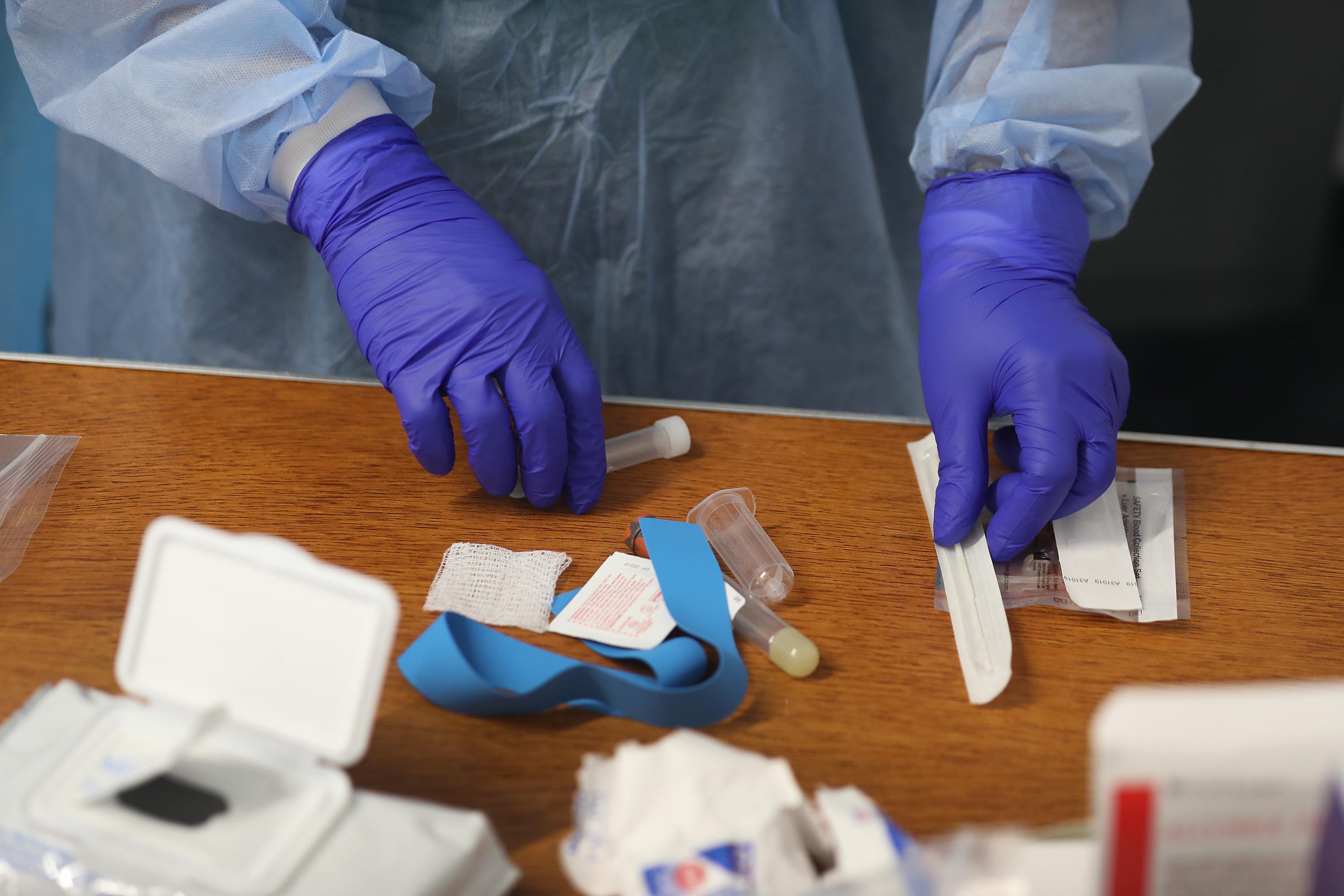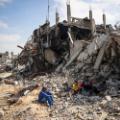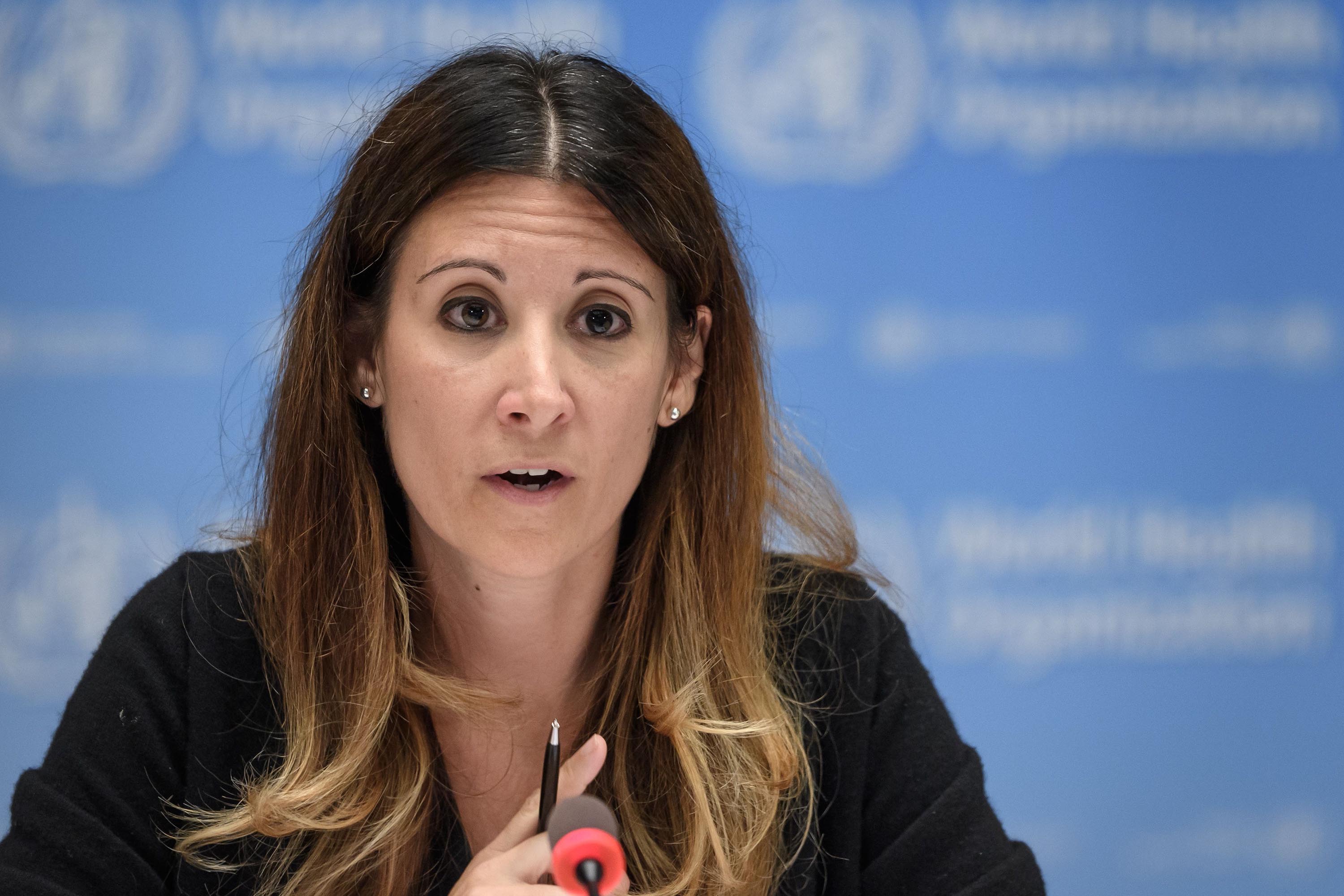Emergency department visits decreased by up to 63.5% during the first onslaught of the Covid-19 pandemic in five states, while hospital admissions increased by up to 149%, new research shows.
Dr. Molly Jeffery of the Mayo Clinic and colleagues aimed to understand the impact of the coronavirus pandemic on hospitalizations. The team focused on 24 emergency departments in five large health systems in Colorado, Connecticut, Massachusetts, New York and North Carolina from the beginning of January to the end of April.
What the research discovered: Jeffery’s team found that emergency department visits decreased by a range of 41.5% in Colorado to 63.5% in New York.
The rates plunged in March, when there was an increase in national public health messaging about the risk of Covid-19, they reported in JAMA Internal Medicine on Monday.
The researchers suggest this could be due to fears of being exposed to coronavirus in the ED, concerns about extended wait times or a sense of civic responsibility to conserve health care resources needed to respond to the pandemic.
During the same four month period, more people were being admitted to the hospital at the same time coronavirus infections were on the rise. The increases ranged from 149% in New York to 22% in North Carolina. The team noted that admission rates remained stable until coronavirus rates in each area began to rise.
Next steps: Because the researchers did not look into which emergency department visits were for Covid-19, they say further research is needed to understand the association between the virus and other emergency department visits. They also note that the results of the study may not generalize to populations beyond the five health systems studied.
They say that public health care leaders and systems should encourage those who are experiencing serious symptoms to visit the emergency department and communicate with the public about the best avenue to receive care during the pandemic.
This fits in with other research suggesting that people were staying away from hospitals and were not calling 911 for health emergencies even when they needed to. The Centers for Disease Control and Prevention reported in June that non-coronavirus emergency visits across the US were down by 42% from last year.
“Persons experiencing chest pain, loss of motor function, altered mental status or other life-threatening issues should seek immediate emergency care regardless of the pandemic,” the CDC advised.




